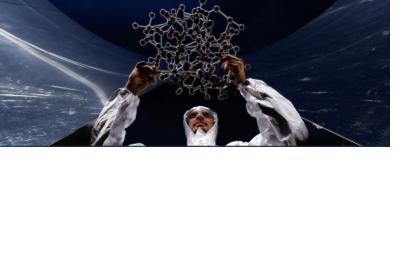Space technology and exploration could be used to help mitigate loss of life and damage caused by natural disasters, a conference in Brussels was told.
The event on Monday heard that last summer's devastating fires in Russia, which killed thousands of people, would have been "even worse" but for the use of technology normally used in outer space.
Musa Manarov, a Russian cosmonaut, said, "The international community ought to be giving more attention to the possible application of space technology in such circumstances. It can be used not only to mitigate the consequences of earthquakes, floods and other natural disasters but, possibly, also predict these events. It has great potential".
He said space technology application in this way "knows no boundaries or national borders". As such, he said, the benefits of space exploration "fully justifies the enormous efforts and costs" involved.
Speaking at the same event, Thomas Brandtner, of the council of the EU, agreed that the space technology could "increasingly" be used to help predict both natural and man-made disasters such as the recent earthquake in Japan.
"This, and last year's Russian fires, are a good example of how space exploration can impact on everyday life back on earth and how ordinary people can benefit from the use of satellites to transmit data."
Brandtner, head of unit for competitiveness and industry policy in the council's general secretariat, said that Europe already had its own system for monitoring such events with the GMES (Global Monitoring for Environment and Security), the European programme for the establishment of a European capacity for earth observation.

